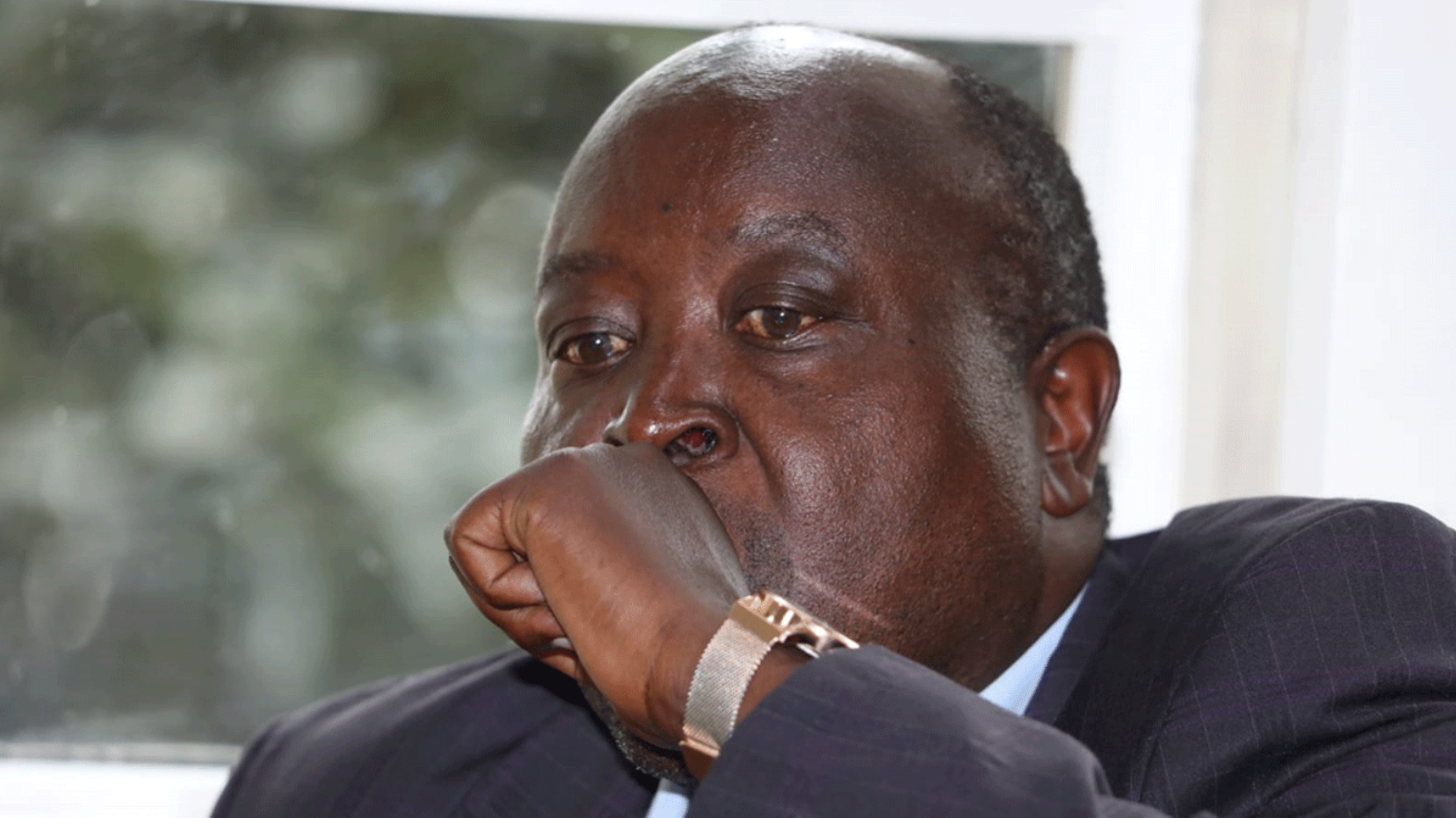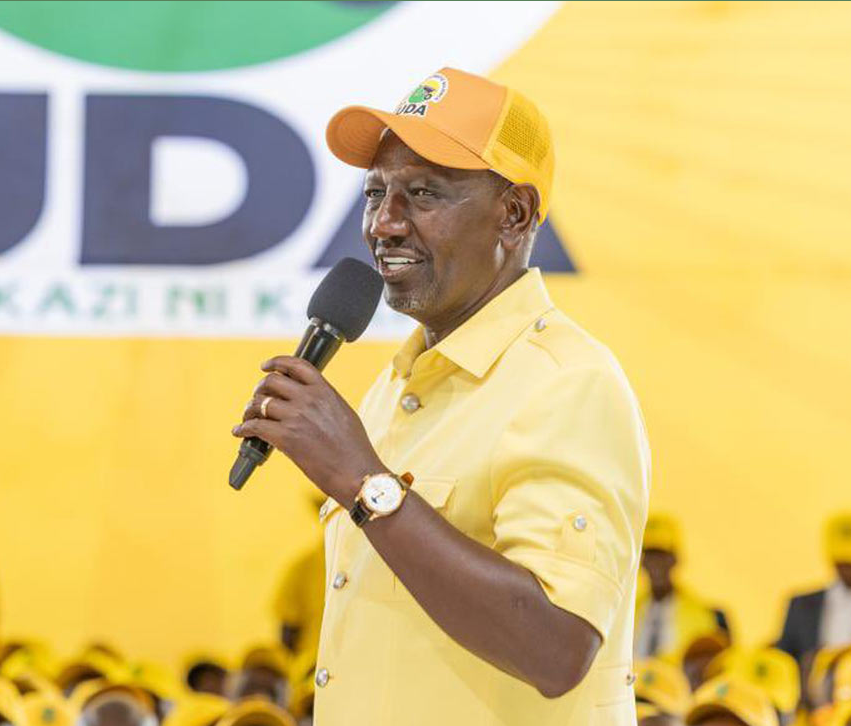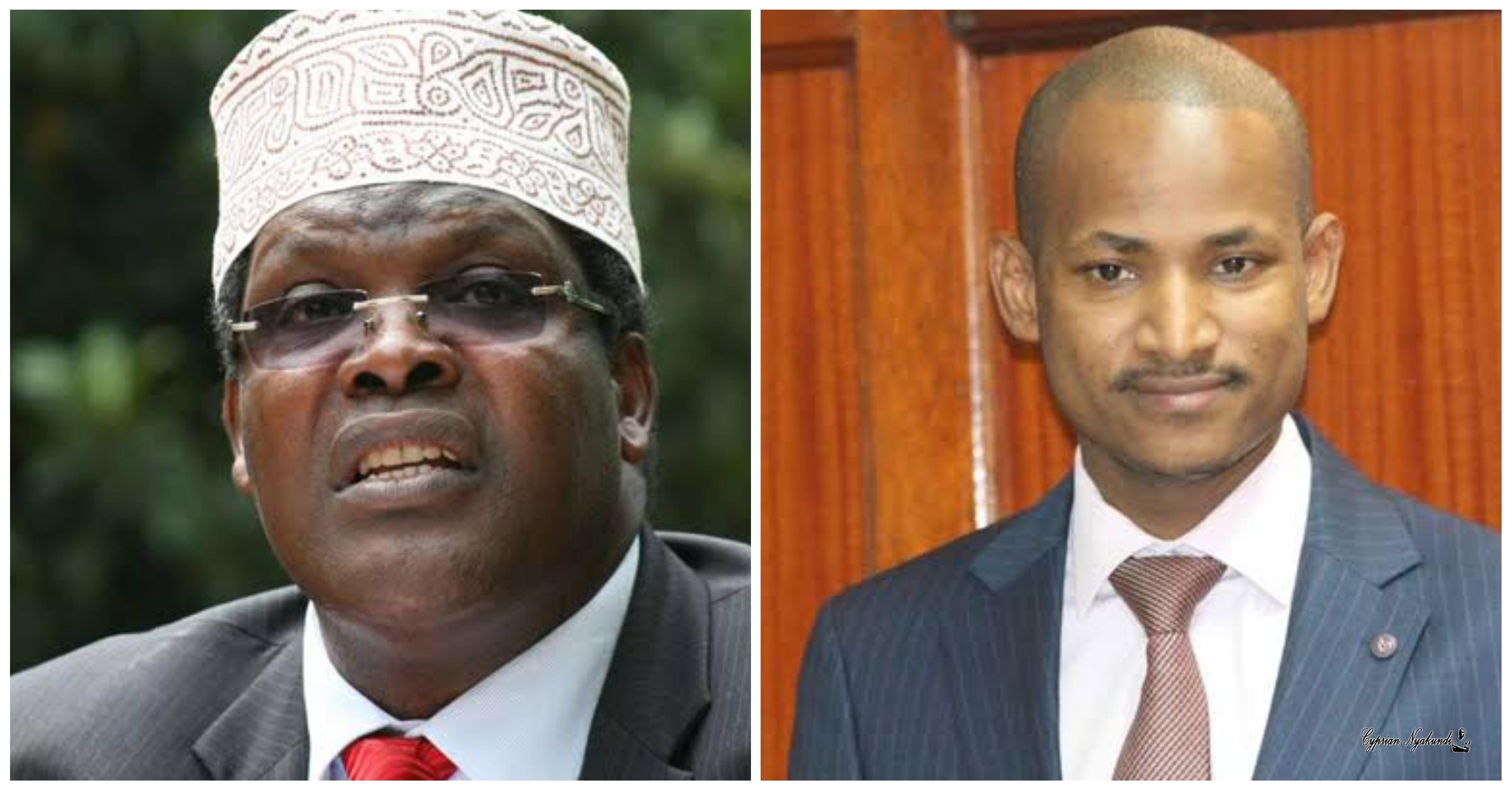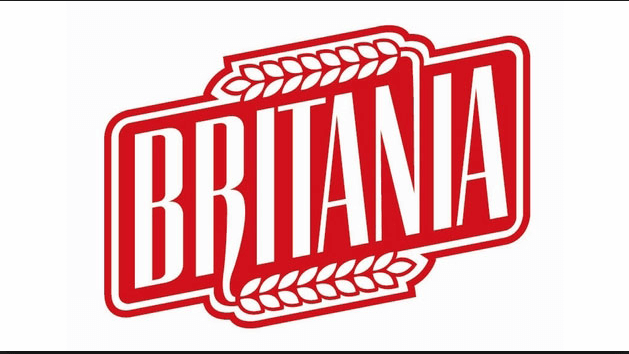Moses Kuria Resigns as President Ruto’s Senior Economic Advisor After 10 Months
After months of mounting pressure and online scrutiny, outspoken Kenyan politician Moses Kuria has resigned from his position as Senior Economic Advisor to President William Ruto, just 10 months after his appointment.
In a public statement shared across his official social media channels on July 8, Kuria revealed that he had personally informed President Ruto of his decision to step down.
And that the President had “graciously accepted” his resignation.
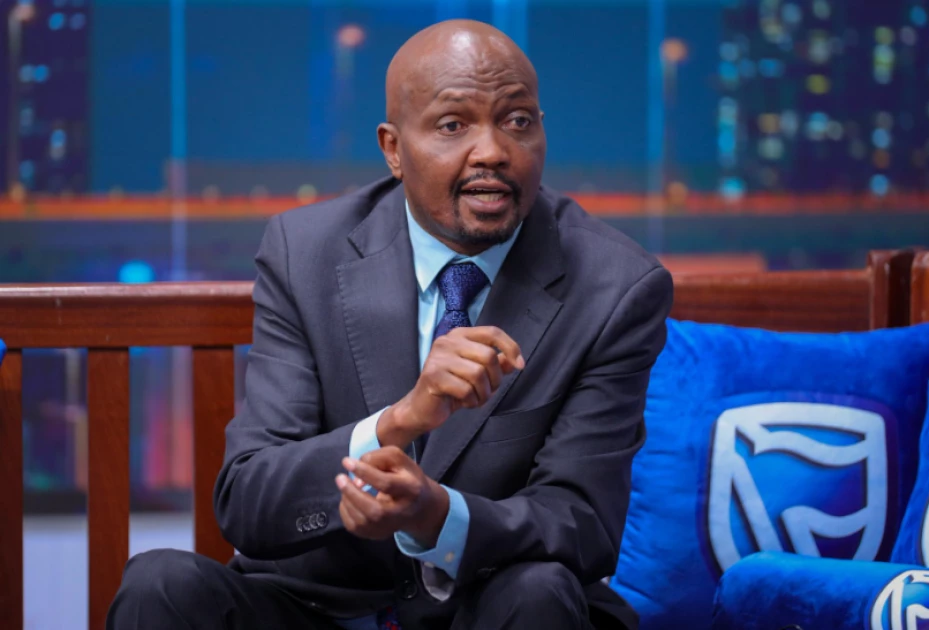
A Sudden Yet Predictable Exit
Moses Kuria’s tenure in the advisory role began in August 2024.
Following a cabinet reshuffle that moved him from the Public Service docket after an earlier stint as Cabinet Secretary for Investments, Trade and Industry.
His departure marks the end of a turbulent yet high-profile chapter in public service that spanned just under two years.
“I wish to thank H.E the President for the honour to serve in his government,” Kuria said. “I am proud of the milestones we achieved.”
This evening I have met my boss and my friend President William Ruto. The President has graciously accepted my decision to resign from government. I thank President Ruto for having given me an opportunity to serve as Cabinet Secretary for Investments, Trade and Industry for 11… pic.twitter.com/4ZBHCZPPxs
— Hon.Moses Kuria,HSC (@HonMoses_Kuria) July 8, 2025
Kuria’s Role in the Ruto Administration
A fierce defender of the Kenya Kwanza administration and a vocal architect of the Bottom-Up Economic Transformation Agenda (BETA).
Indeed, Kuria was one of the key economic strategists during the 2022 campaign period.
He often took center stage in explaining the philosophy behind BETA to both local and international investors.
His resignation leaves a notable gap in Ruto’s advisory circle.
Particularly as the government navigates public discontent over the Finance Bill, cost-of-living concerns, and declining trust in key institutions.
Was a Controversial Tweet the Final Blow?
While Kuria attributed his resignation to personal interest, speculation is rife that a recent controversial tweet, in which he suggested “there will be no elections in 2027”, may have accelerated his exit.
The tweet attracted fierce backlash from Kenyans online, civil society groups, and legal experts who warned it violated the Constitution and undermined democratic norms.
Kuria later deleted the tweet, but the damage was done.
Though no official link has been made between the tweet and his resignation, the timing has fueled widespread speculation that the State House sought to distance itself from the fallout.
Mixed Reactions from Allies and Critics
The resignation drew mixed reactions across political and public spaces.
Deputy President Rigathi Gachagua, speaking at a past function, described Kuria as “one of Mt. Kenya’s brightest minds” and lamented the disruptions to government programmes like County Aggregation and Industrial Parks following his earlier cabinet reshuffle.
Legal expert Ahmednasir Abdullahi was more critical, previously stating that Kuria’s appointment as an advisor was questionable given his past performance as a Cabinet Secretary.
On social media, Kenyans were split. Some celebrated the resignation as a win for accountability.
While others expressed concern that Kuria might be a political scapegoat for deeper governance issues.
What’s Next for Moses Kuria?
In his resignation statement, Kuria hinted at venturing into “personal interests,” though he did not reveal specifics.
Political analysts suggest he may be plotting a political comeback, possibly repositioning himself for 2027 or taking up a leadership role in party politics.
With no official successor named, the role of Senior Economic Advisor to the President remains vacant.
Kuria’s Record in Government
| Role | Duration |
|---|---|
| Cabinet Secretary – Trade & Industry | Oct 2022 – Sept 2023 (11 months) |
| Cabinet Secretary – Public Service | Oct 2023 – Aug 2024 (9 months) |
| Senior Economic Advisor to the President | Aug 2024 – July 2025 (10 months) |
Though his time in government was often marked by outspoken commentary.
He was instrumental in key flagship programmes like BETA, industrial park development, and the controversial Hustler Fund disbursement framework.
Conclusion
Moses Kuria’s resignation is more than just a personnel change—it marks a moment of reflection for the Ruto administration.
With tensions running high among Kenya’s youth and civil society, and criticism mounting over government spending and accountability.
The departure of such a high-profile figure could signal either a recalibration—or deepening cracks—within the ruling coalition.
As 2027 inches closer, one thing is certain: Moses Kuria is not done with politics, and Kenya has not heard the last of him.
ALSO READ: Saba Saba at 35: Has Kenya Betrayed the Dream of 1990?




